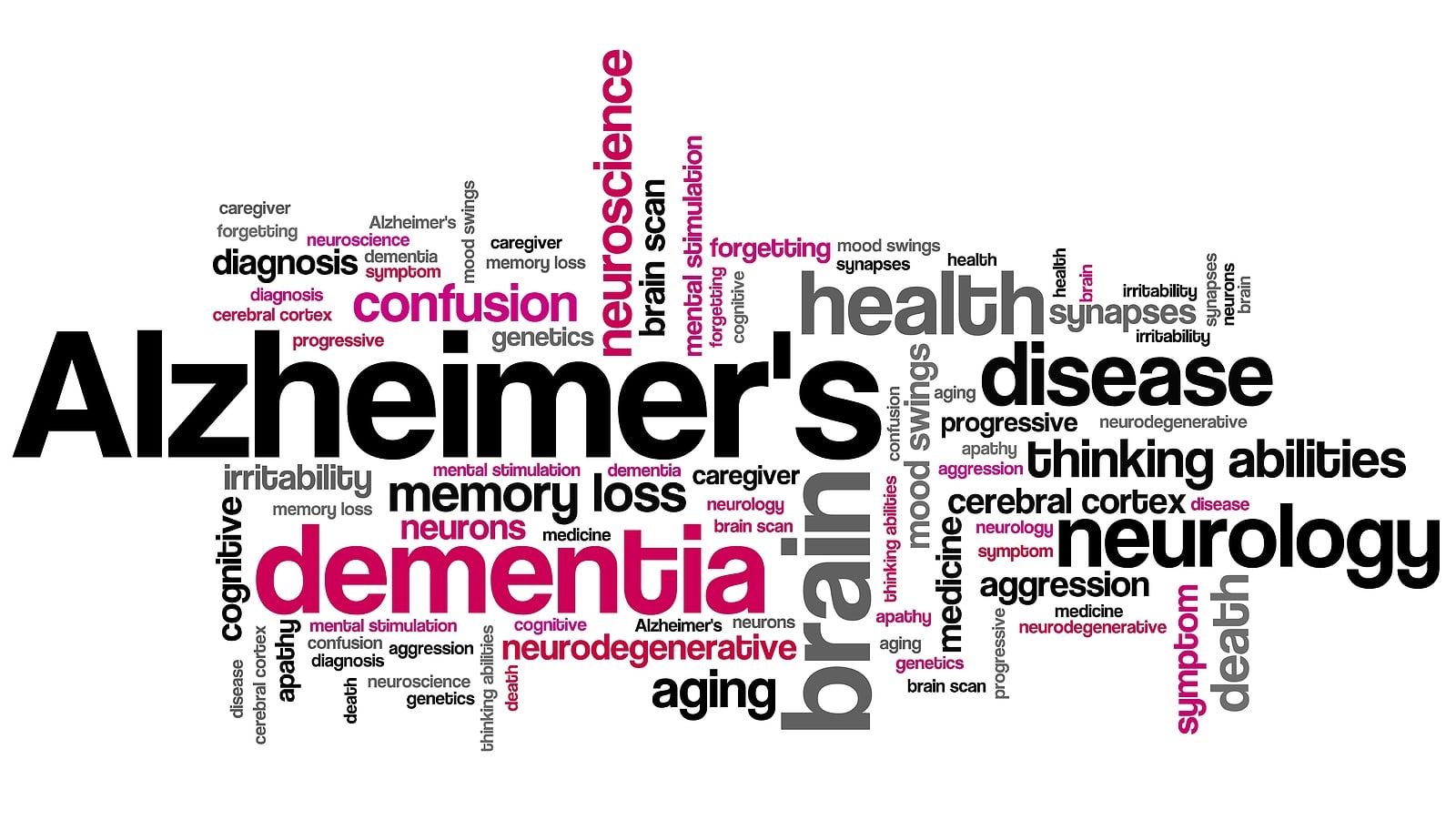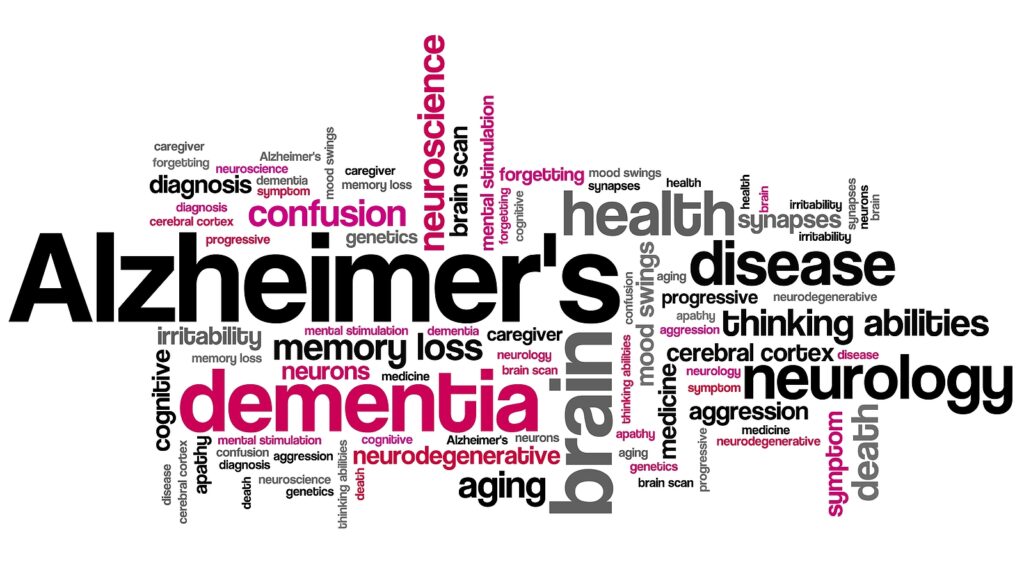
Alzheimer’s disease is a progressive brain illness that affects a person’s memory, thought processes, and even behavior. It is the most common cause of dementia, which is a separate illness. Alzheimer’s has a tremendous impact on seniors and their family members. Finding solutions, like Alzheimer’s care providers, makes dealing with the illness easier to manage.
Symptoms of Alzheimer’s Disease
Alzheimer’s disease is characterized by a decline in cognitive function, which can manifest in several ways. The most common symptoms include:
- Memory loss, especially recent events
- Difficulty with language and communication
- Difficulty with problem-solving and decision-making
- Difficulty with familiar tasks
- Confusion about time and place
- Changes in mood and personality
- Withdrawal from social activities
Every patient experiences Alzheimer’s disease differently, however. Also, different symptoms may be more apparent at different stages of the illness, different times of day, and even when the person living with Alzheimer’s disease is experiencing different variables.
Causes of Alzheimer’s Disease
No one knows for certain what exactly causes Alzheimer’s disease. Research does show, however, that there are a lot of factors that might contribute to Alzheimer’s. Here are a few of those factors.
- Genetics: There is a strong genetic component to Alzheimer’s disease. People with a family history of the disease are more likely to develop it themselves.
- Age: Age is the biggest risk factor for Alzheimer’s disease. Alzheimer’s risk doubles every five years after someone turns 65.
- Lifestyle Factors: Certain lifestyle factors, such as a poor diet, lack of exercise, and chronic stress, may increase the risk of developing Alzheimer’s disease.
Addressing risk factors that are controllable, like lifestyle factors, can help to slow down Alzheimer’s even after diagnosis.
Diagnosing Alzheimer’s Disease
Diagnosing Alzheimer’s disease is a somewhat challenging process. There is no one test that can definitively diagnose the disease. Instead, doctors use a combination of tests and assessments to evaluate a person’s symptoms and cognitive functioning. Doctors perform a physical exam and take information about the patient’s medical history. Cognitive tests that evaluate thinking, language skills, and memory are part of the exam. In some cases, brain imaging, PET scans, or MRI testing might help to detect brain changes as well.
Treating Alzheimer’s Disease
After diagnosis, it’s important to look into the treatments that might be possible for Alzheimer’s disease. There are medications that can help to manage the symptoms of Alzheimer’s, including memory loss and confusion. Addressing lifestyle changes through dietary changes, starting an exercise program, and reducing stress can also help. Family caregivers might benefit from working with Alzheimer’s care providers. Alzheimer’s care offers dedicated assistance from experts with a lot of experience helping people who have Alzheimer’s disease.
Alzheimer’s disease is a complicated and progressive illness that affects every aspect of a person’s life, sometimes for many years. Family caregivers can find it difficult to manage all of the various needs their seniors may develop over time. Alzheimer’s care providers can be instrumental in educating family members and offering hands-on help as needed. Having access to the right resources makes a huge difference for everyone involved.
References
https://www.webmd.com/alzheimers/default.htm
The staff at Home Care Matters is available to talk with you and your family about all of your needs. Home Care Matters is a home care agency providing quality and affordable Alzheimer’s care in Sugar Hill, GA, and the surrounding areas. Call (770) 965-4004 for more information.
We provide elder care in Braselton, Buford, Dacula, Duluth, Flowery Branch, Gainesville, Johns Creek, Lawrenceville, Oakwood, Sugar Hill, Suwanee, Barrow County, Forsyth County, Gwinnett County, Hall County, Jackson County, North Fulton County.
Valerie has the unique experience with home care as she has experienced it from both ends of the spectrum, as a caregiver and as needing care herself as a cancer survivor. Valerie says, “Taking care of someone you love is a physically, mentally and demanding labor of love.Taking care of my mom was the hardest thing I have ever done. It has given me an insight and perspective not many people understand unless you are doing it or have done it.I loved taking care of my mom.I love helping others take care of their love ones too.And now that I’ve been sick, it’s given me a whole new level of empathy and understanding for those who are sick and need help.”
Valerie’s schedule varies daily, but she loves visiting with our clients, families, caregivers, our network partners and being in the office.Says Valerie, “Every day is different, but I wake up excited about what we do, inspired by our team, clients and caregivers.I strive to be a resource to the community.I love my team and I love what we do every day. I like to think my mom would be proud.”
You can reach Valerie by email (Valerie@homecarematters.com) or in our office (770.965.4004).
- How In-Home Alzheimer’s Care Helps Your Parent Stay Safe and Comfortable - December 26, 2025
- After the Fall: How Home Care Helps Seniors Recover Safely at Home - December 19, 2025
- Supporting Seniors with Memory Challenges Through Compassionate Senior Home Care - December 12, 2025

